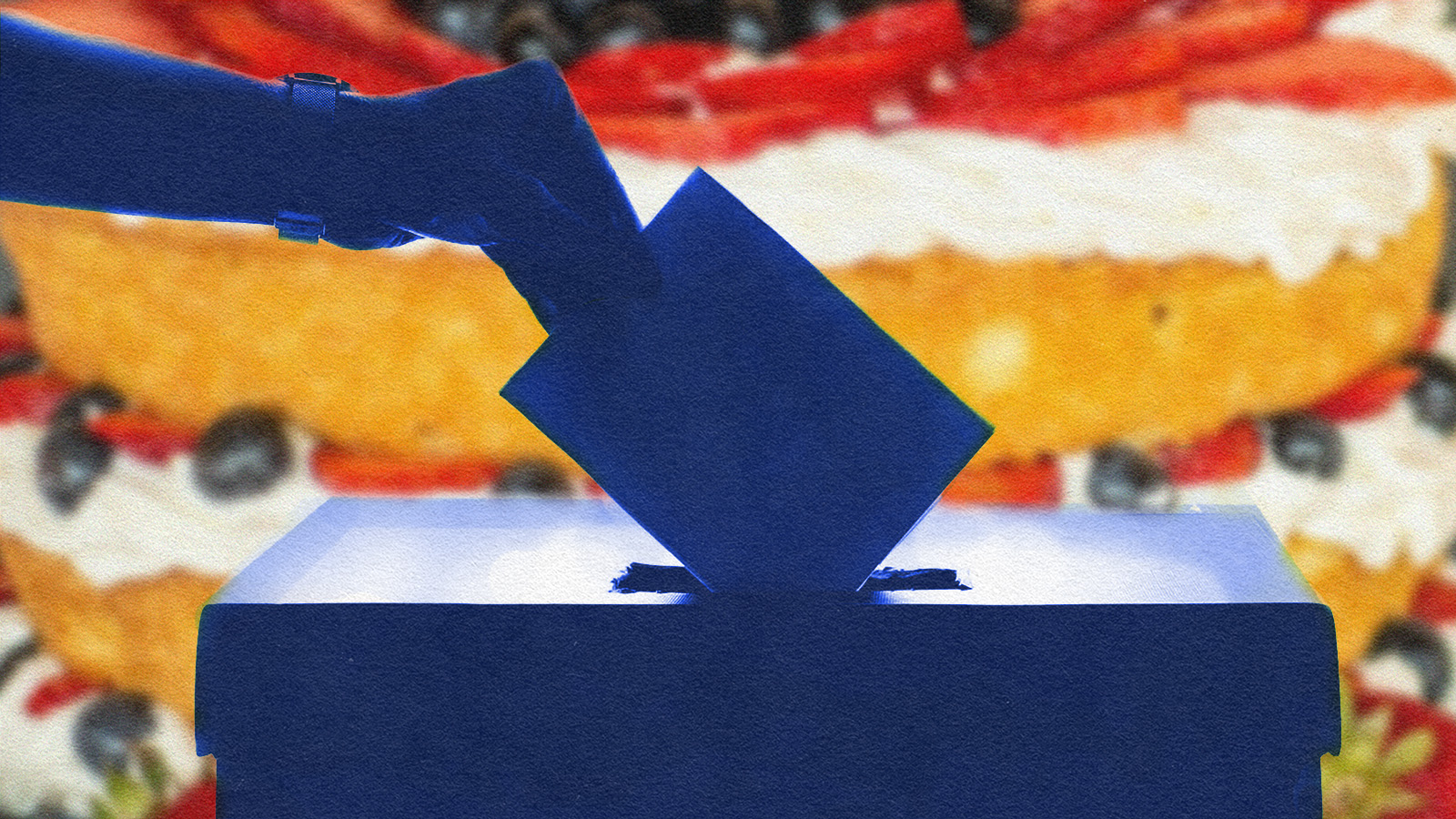Zogby and Moore on the Failed NH Primary Poll Predictions
Remember the Democratic New Hampshire primary? According to news organizations and many pollsters, the NH primary was supposed to be the loss that put Hillary Clinton out of contention and sealed an early nomination for Obama. Yet Clinton staged a surprise victory.
At the time, Washington Post media reporter Howard Kurtz pulled no punches in criticizing the horse race coverage that defined the primary races: “The series of blown calls amount to the shakiest campaign performance yet by a profession seemingly addicted to snap judgments and crystal-ball pronouncements. Not since the networks awarded Florida to Al Gore on Election Night 2000 has the collective media establishment so blatantly missed the boat.”
Two top pollsters recently publicly commented on what might have gone wrong with the poll predictions in New Hampshire. Appearing on WAMU-NPR’s Diane Rehm Show, here’s what pollster John Zogby and political scientist David Moore, formerly survey director at Gallup, had to say:
MS. REHM: Here’s an e-mail from Patty, who says “The day after the New Hampshire primary there was lots of discussion about why the polls got it wrong. Then everybody, including the news media, went back to discussing polls as if there was no question about their reliability. Why did the polls get it wrong, in this year’s primaries for example?”
MR. ZOGBY: Well, for starters — never go out and buy rope or visit a bookie on the basis of the polls. Treat them as one of a mix of things. But, yeah, we had Hillary going up by 5 points between 6:00 p.m. and 9:00 p.m. Monday evening before the New Hampshire primary.
Bottom line is I don’t know what — I didn’t know what to do with a 120, 130 phone calls, on Monday night when I had Barack Obama leading by a large amount all day Sunday and then all day Monday. And so we filled in all those numbers in together and had Barack Obama lead. But 18 percent of the voters in that primary told us that they made up their minds Tuesday of the Election Day.
MS. REHM: Interesting.
MR. ZOGBY: That wreaks havoc for people like us.
MS. REHM: And what would you say to that question, David?
MR. MOORE: Well, I would say that really illustrates the problems that our pollsters have, including what I would call the “Zogby” polls, it’s what they follow, the standard, who would you vote for if the elections were held today? What they didn’t measure was essentially the “undecided” vote. After the election or based upon the exit polls, we find that oh, gee, there really there were a lot of undecided voters. But the polls themselves at that time didn’t show it because they were asking the hypothetical question, who are you going to vote for if the elections were held today? And then not giving them and saying, or haven’t you made up your minds yet?
So in the New Hampshire poll they didn’t in fact ask that question upfront and found that there were 21 percent undecided. The New Hampshire, the UNH poll also made the same error, that is the final prediction, but they did show that there were 21 percent of the voters who had not yet made up their mind. And that was not revealed by the other pollsters who typically showed only about 2 to 3 percent on the “undecided.”
MR. ZOGBY: Well, let me just qualify that, David. You know, we do report that in our daily results. What gets picked up by the news media is always the horse race as opposed to the analysis. And yes, there were —
MR. MOORE: I agree, yes.
MR. ZOGBY: Yeah, and so I know that you’re getting at a lot that’s in the book, but the news is always going to be about the horse race, and you know, we carefully look at undecided voters and I believe that you do too, but that’s just not a fascinating headline for anybody the day before.
MS. REHM: But you’ve also got the question of how many people are answering truthfully.
MR. ZOGBY: Well, —
MR. MOORE: Well, I think for the — I think people are for the most part answering truthfully. I think when they are pressured into coming up with a response when they’re truly undecided, and that’s the way most of the polling questions are, they essentially pressure the people to come up with the response, they will give some name off the top of their head. It doesn’t mean they’re committed to it.
So the undecided voters who are in the sample I don’t think are adequately measured, their opinions are not adequately measured because they’re forced to coming up with a name.
MS. REHM: At —
MR. MOORE: If you said, are you going to vote for X or Y or don’t you know, then you would get a better view.




